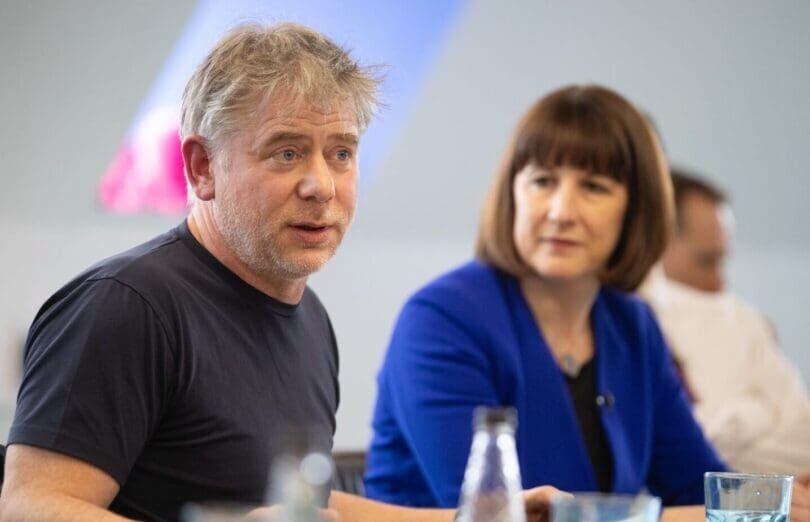The UK government has secured a £1.5 billion profit following Octopus Energy’s acquisition of the collapsed energy supplier Bulb, marking the conclusion of the Bulb bailout saga. Octopus Energy paid over £3 billion to the government, providing a significant financial boost amid pressing budget constraints.
The government intervened in November 2021 when Bulb went into administration. A year later, Bulb was sold to Octopus Energy in a landmark deal that has proven highly beneficial for both taxpayers and billpayers.
A deal that delivered for taxpayers
As part of the agreement, a wholesale arrangement was established to hedge the costs for Bulb’s customers, ensuring that energy prices during the transition period would not burden taxpayers or billpayers. Additionally, a profit-sharing mechanism was included in the deal until Octopus repaid the hedging funds in full.
On 30 September 2024, Octopus made its final payment, completing the deal without any loss to the public finances, a far better outcome than the initial £6.5 billion cost projections.
The government’s profit from the deal included £1.28 billion from the wholesale arrangement, benefiting from energy price declines, £19 million from the profit-sharing mechanism, and £200 million in interest. An additional £20 million is expected from the profit-sharing agreement.
No added cost to billpayers
Unlike many other corporate failures, this agreement did not impose additional costs on energy customers through higher standing charges. Octopus also guaranteed jobs for all Bulb employees, with 94% choosing to stay, and seamlessly transferred Bulb’s 1.5 million customers to its systems within six months.
Greg Jackson, founder of Octopus Energy, praised the outcome: “This outcome is a remarkable success story for taxpayers and billpayers. Octopus worked hard to find a fair deal which saved the Treasury billions compared to alternatives.”

